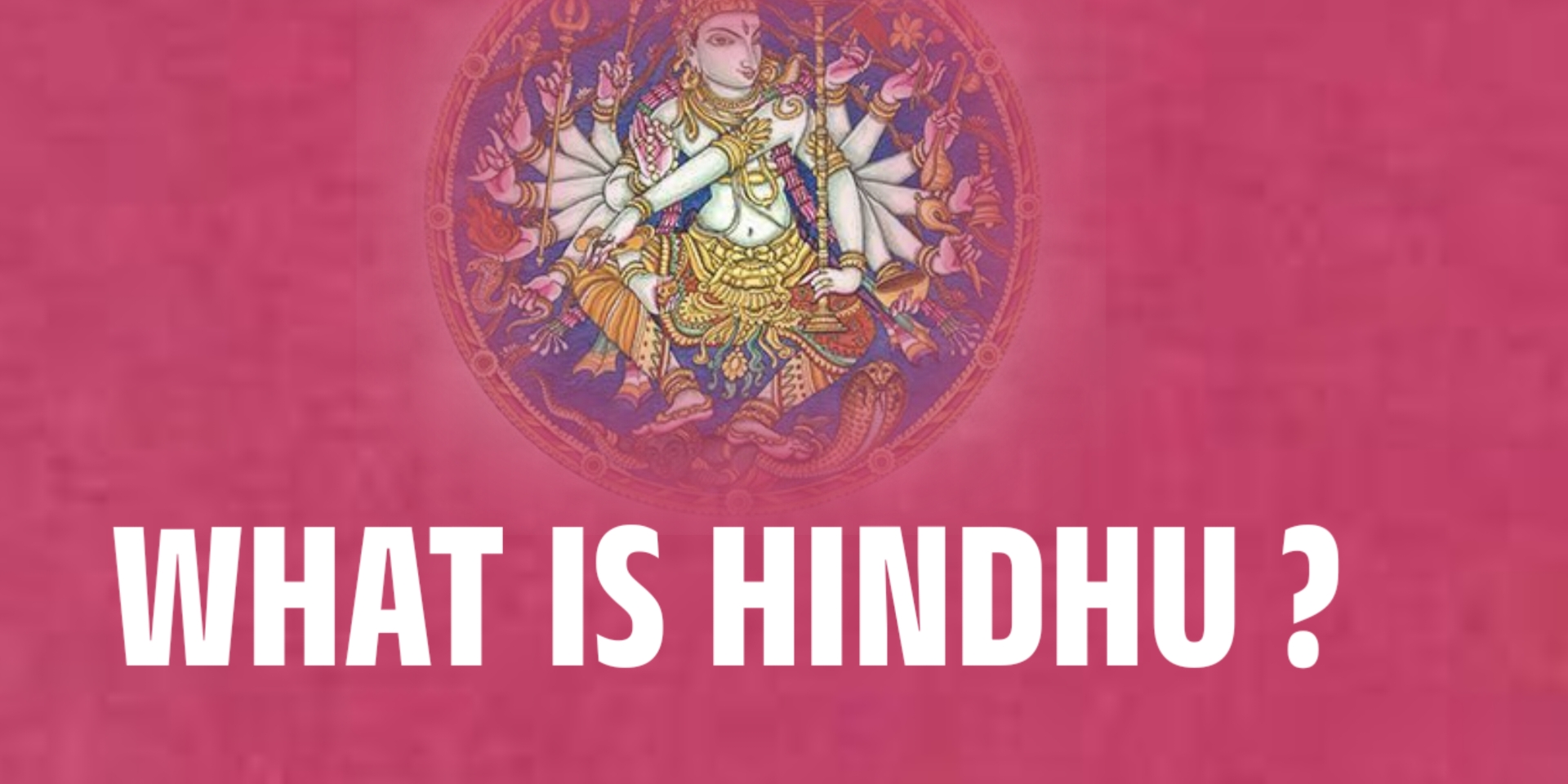Understanding Hindu Dharma: A Comprehensive Exploration
Introduction:
Hindu Dharma, often referred to simply as Hinduism, is more than just a religion; it is a way of life deeply rooted in the ancient cultural and spiritual traditions of the Indian subcontinent. The term “Dharma” is central to Hindu philosophy, encapsulating the moral, ethical, and spiritual duties that individuals are expected to uphold in their lives. In this exploration, we will delve into the multifaceted aspects of Hindu Dharma, examining its foundational principles, core beliefs, and the diverse practices that define this ancient tradition.
Foundational Principles Hindhu Dharma:
At the heart of Hindu Dharma are the principles of Dharma, Artha, Kama, and Moksha, collectively known as the Purusharthas. Dharma refers to righteous duty and moral obligations, emphasizing the importance of leading a life in accordance with virtue and righteousness. Artha pertains to the pursuit of material well-being and prosperity, Kama to the fulfillment of desires and pleasures, and Moksha to the ultimate goal of liberation from the cycle of birth and death.
The Concept of God and Deities in Hindhu Dharma :
Hinduism is characterized by its polytheistic nature, with a vast pantheon of deities representing different aspects of the divine. While some Hindus may focus their worship on a particular deity, others recognize the underlying unity of the divine, acknowledging the presence of a supreme, formless reality known as Brahman. This diversity in worship allows for a pluralistic approach to spirituality, accommodating various interpretations and expressions of the sacred.
Sacred Scriptures of Hindhu Dharma :
Hindu Dharma is not confined to a single sacred text; rather, it encompasses a vast body of scriptures that guide and inspire adherents. The Vedas, Upanishads, Bhagavad Gita, Ramayana, and Mahabharata are among the foundational texts that explore the philosophical, moral, and narrative dimensions of Hinduism. These scriptures serve as a wellspring of wisdom, providing insights into the nature of reality, the purpose of life, and the path to spiritual realization.
Pathways to Spiritual Realization:
Hindu Dharma recognizes multiple paths, or Yogas, through which individuals can attain spiritual realization. These include Jnana Yoga (the path of knowledge), Bhakti Yoga (the path of devotion), Karma Yoga (the path of selfless action), and Raja Yoga (the path of meditation). Each path offers a unique approach to spiritual growth, catering to the diverse temperaments and inclinations of individuals.
Cycles of Time and Cosmic Order:
Central to Hindu cosmology is the concept of cyclical time, expressed through the idea of Yugas or epochs. The cycle includes Satya Yuga, Treta Yuga, Dvapara Yuga, and Kali Yuga, representing different phases of moral and spiritual decline. This cyclical understanding of time emphasizes the eternal nature of the cosmos and the continuous process of creation, preservation, and dissolution.
Social Order and Dharma:
Hindu Dharma places great emphasis on the concept of Varna and Ashrama, delineating social and spiritual responsibilities. Varna refers to the fourfold social order – Brahmins (priests and scholars), Kshatriyas (warriors and rulers), Vaishyas (merchants and farmers), and Shudras (laborers). Ashrama outlines the four stages of life – Brahmacharya (student), Grihastha (householder), Vanaprastha (retiree), and Sannyasa (renunciant). These classifications help individuals understand their roles and responsibilities at different stages of life.
Cultural Practices and Festivals in hindhu Dharma :
Hindu Dharma is richly adorned with a tapestry of cultural practices, rituals, and festivals. From elaborate temple ceremonies to vibrant celebrations like Diwali, Holi, and Navaratri, these cultural expressions serve to deepen the spiritual connection and foster a sense of community among the followers.
Challenges and Adaptations:
Throughout its long history, Hindu Dharma has faced various challenges, including invasions, colonialism, and modernization. Yet, it has displayed a remarkable resilience in adapting to changing circumstances while preserving its core values. Today, Hinduism is a global faith, with followers across the world contributing to its continued evolution.
Conclusion:
In conclusion, Hindu Dharma is a profound and multifaceted tradition that encompasses not just a set of religious beliefs, but an entire way of life. Its foundational principles, diverse deities, sacred scriptures, and pathways to spiritual realization provide a comprehensive framework for individuals seeking meaning and purpose. By embracing the rich tapestry of cultural practices, social orders, and cyclical cosmology, Hindu Dharma has endured as a guiding light for countless generations, offering a timeless path to self-realization and the discovery of the divine within
